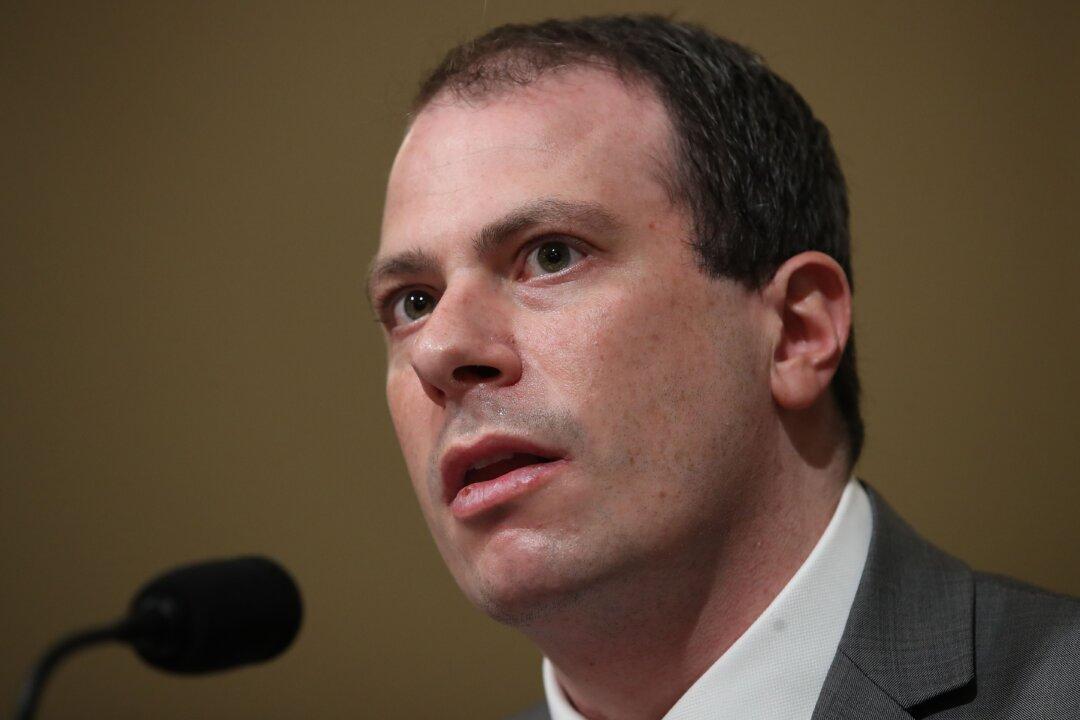After multiple sources corroborated the longstanding accusation that Google stealthily infuses its political preferences into its products, the company has continued to claim neutrality, leading to incongruous answers by its executives to lawmakers’ questioning.
A June 24 exposé by Project Veritas showed several Google employees and a cache of internal documents describing methods Google has used to tweak its products to surreptitiously push its users toward a certain worldview.





